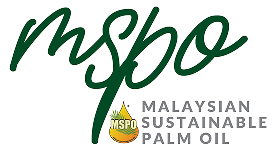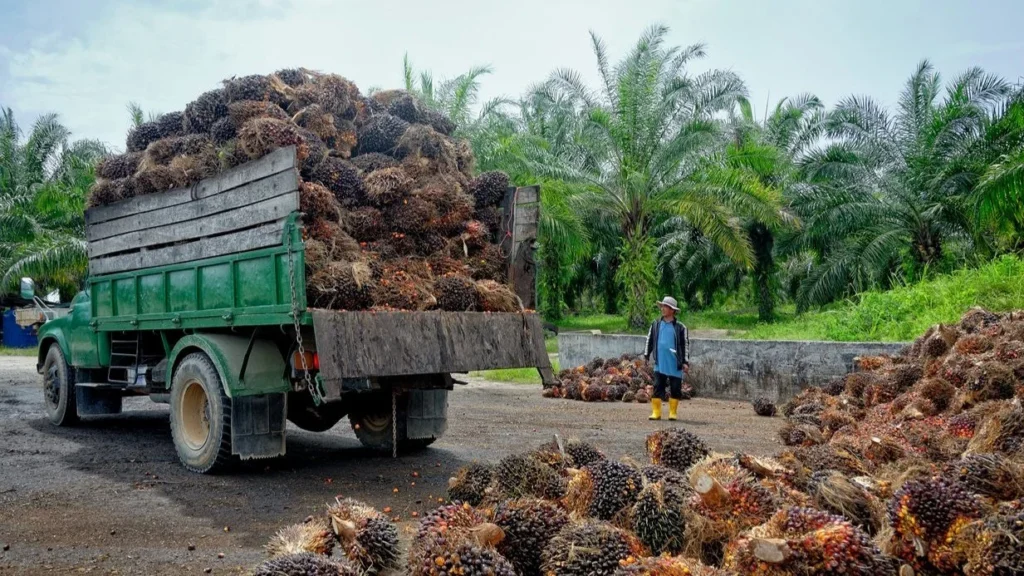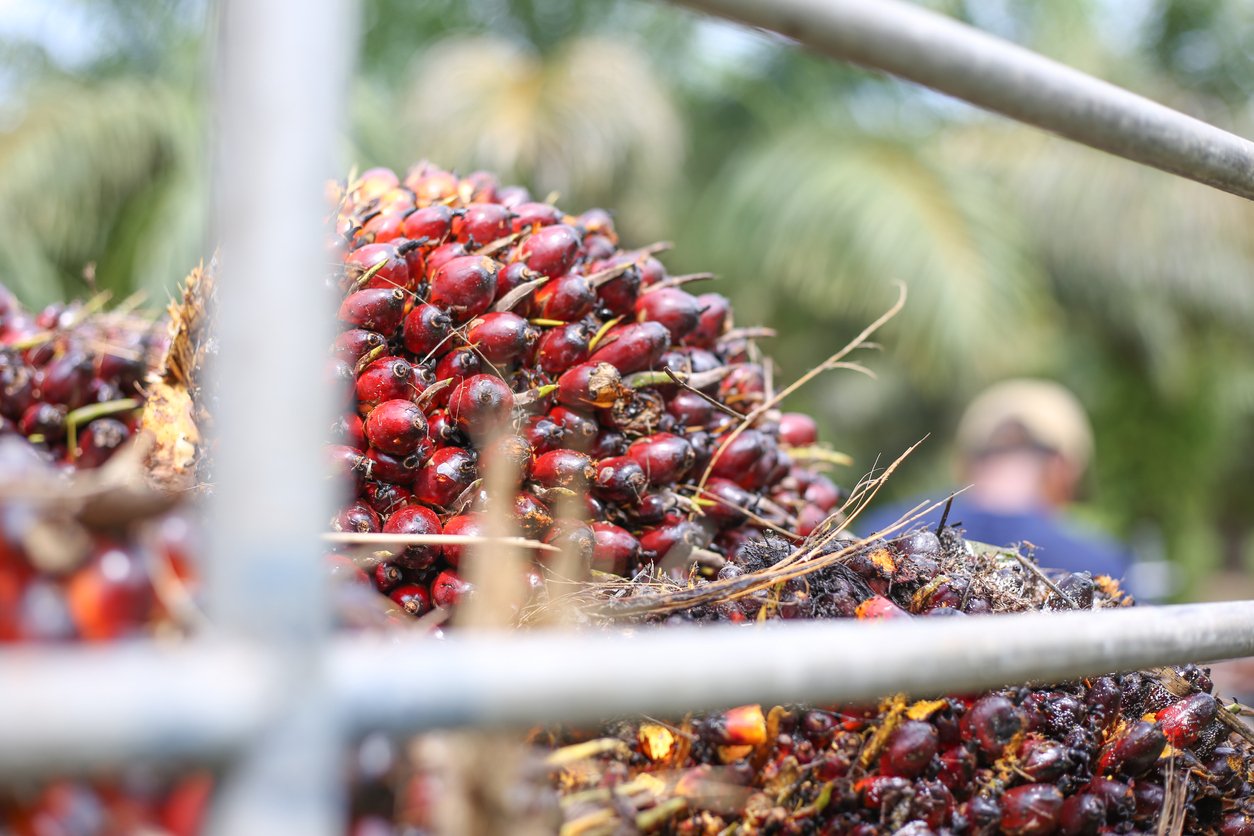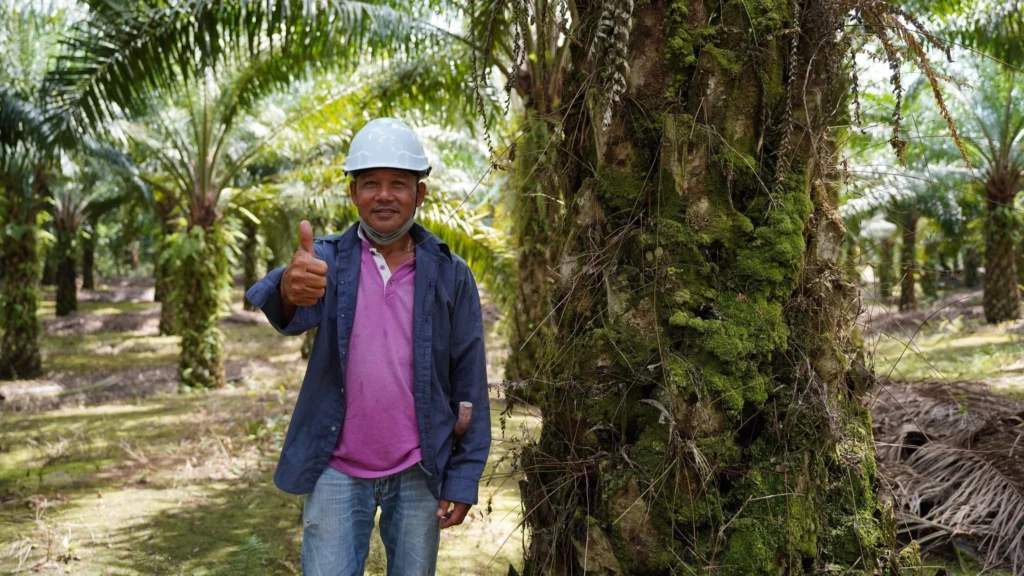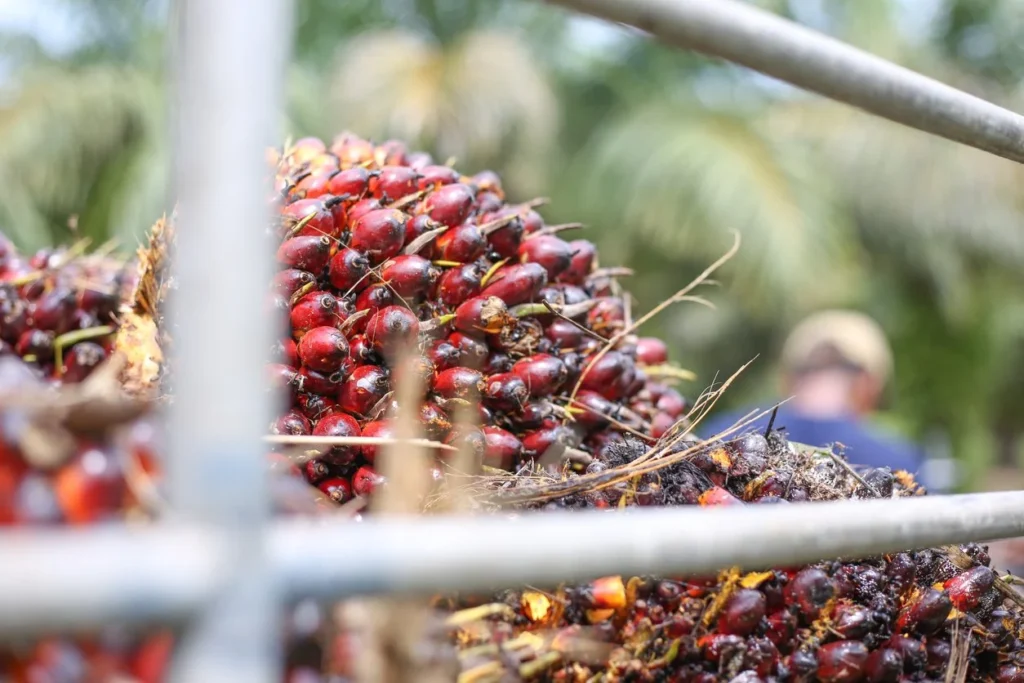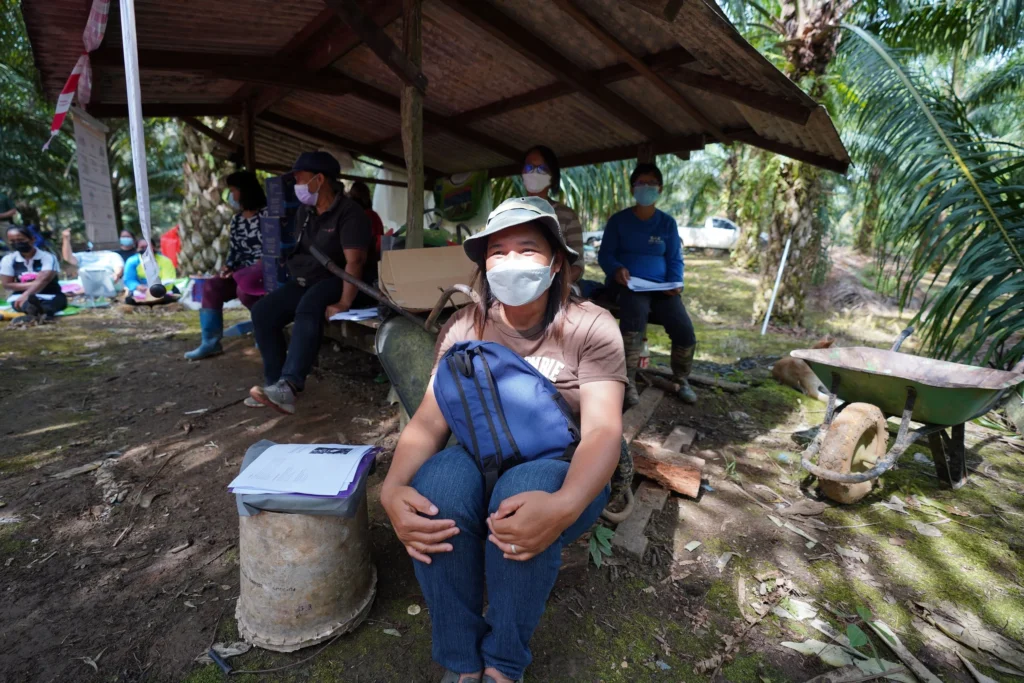Written by, Muhammad Haris Abdullah, MPOCC
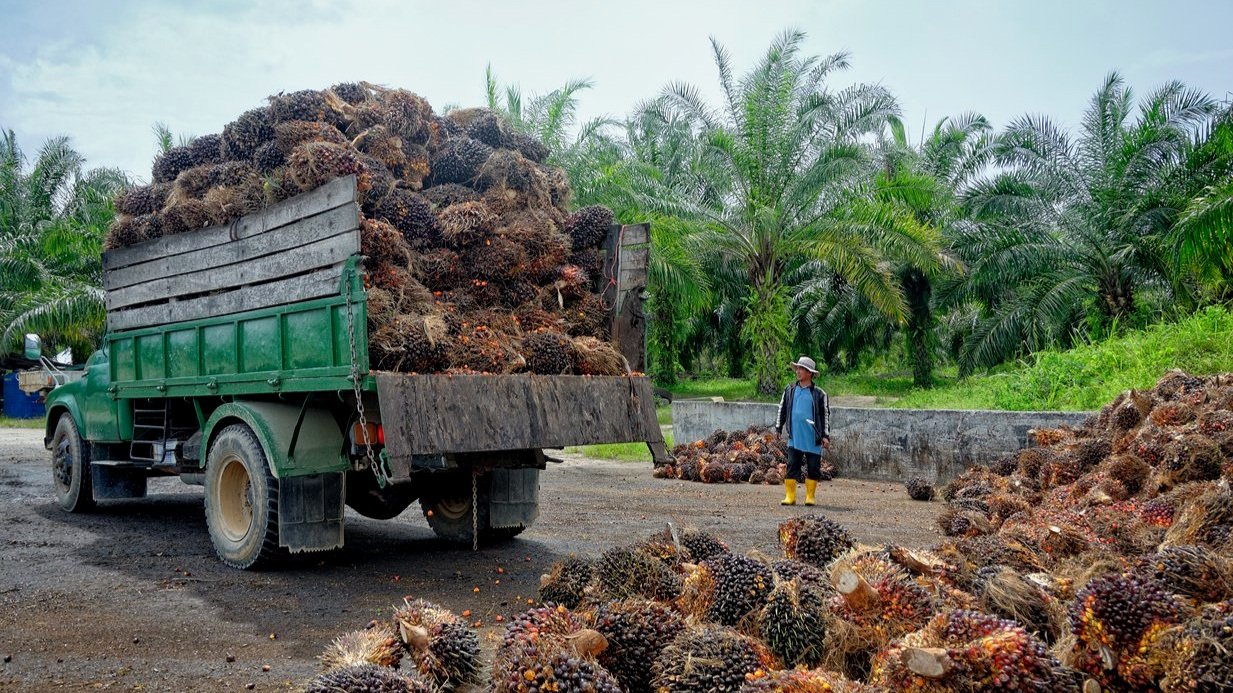
Palm oil remains one of Malaysia’s strongest industries. As the palm oil industry develops, numerous aspects of its production, such as economic, environmental, and social benefits, are evaluated. Recently, sustainability has gained considerable attention as a result of efforts to integrate it into the palm oil industry’s business strategy.
As part of the journey toward corporate sustainability, the three-pronged strategy of high income, value addition, and
zero waste
is being scrutinised. This has once again demonstrated the crop’s value as a source of oil for the world.
In Malaysia, oil palm trees are over a century old. There has been considerable literature written about the crop, its products, and commercial trade. The fresh fruits yield two primary products: palm oil extracted from the outer mesocarp, and palm kernel oil extracted from the nut kernel.
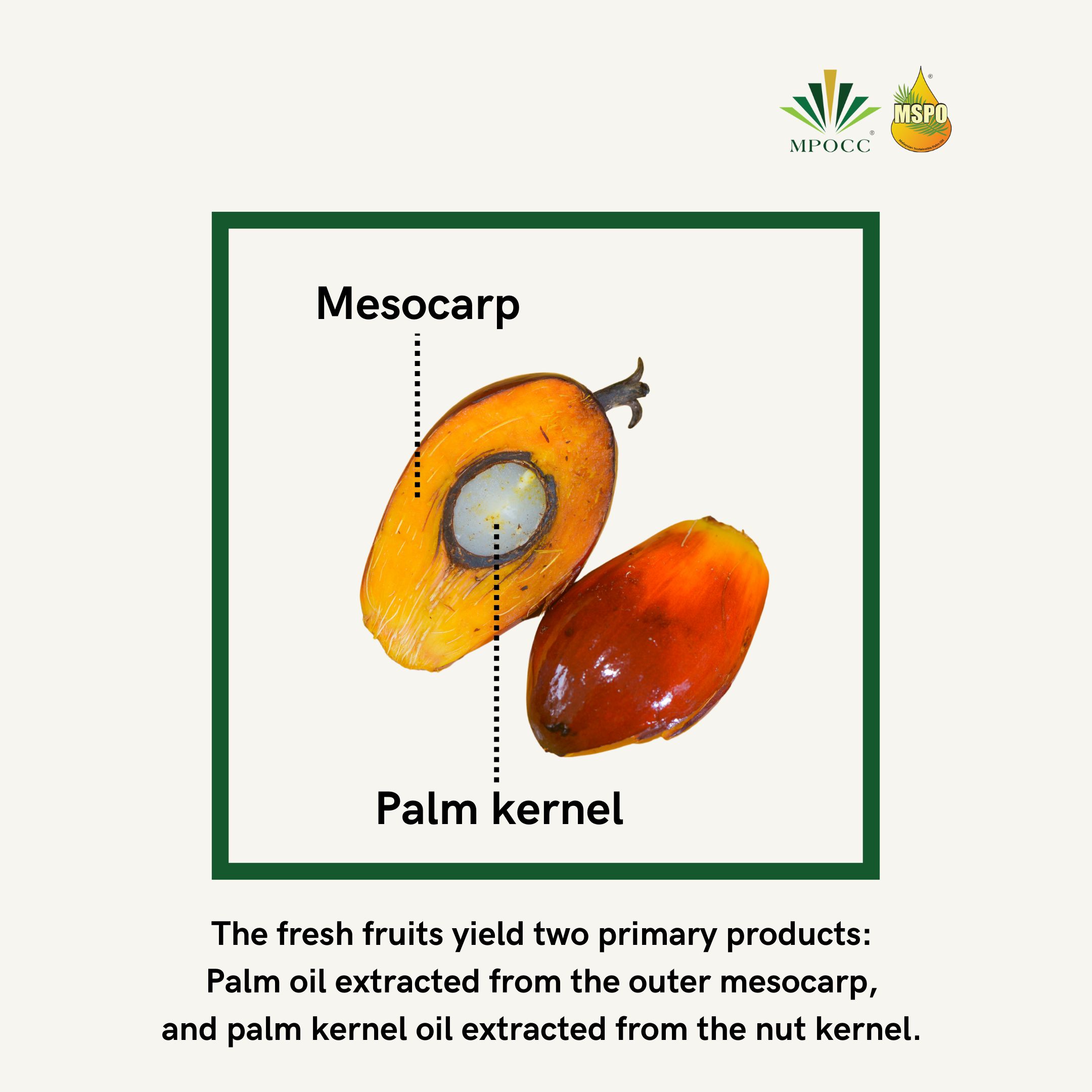
When scanning the horizon for current palm oil industry issues, the emphasis must be on sustainable development. How can this commercial venture incorporate sustainability? Is it economically viable? The time has come to discuss sustainable palm oil. While considerable effort has been expended over the last decade to understand and manage the
economic, environmental, and social aspects
of the palm oil business, it is only recently that sustainability has been integrated into the business strategy.
The industry is doing the right thing by incorporating sustainability into its daily operations. Additionally, the strategies identified in the sustainability framework will benefit the industry’s development in the twenty-first century. Thus, it will increase value for shareholders and Malaysian society while also benefiting the global community by ensuring a steady supply of vegetable oil and palm products.
While the sustainability framework incorporates business values, a customer-centric approach, management systems, and stakeholder engagement, the focus over the next few years will be on making the sustainability framework workable in the industry. Indeed, the palm oil industry has begun its journey toward corporate sustainability.
The business case is used to demonstrate the efforts made to achieve financial and economic sustainability, as well as process and product sustainability. Embedding this sustainability mindset throughout the industry is a Malaysian internal challenge with significant external implications for the global palm oil trade. Additionally, we believe that the strategies identified in the sustainability framework will benefit the industry’s development in this new era.
How does one quantify sustainability, given its complexity? It requires profit maximisation in relation to environmental protection, resource efficiency, workplace safety, and employee skill enhancement through training and work experience. All these activities generate value in some way, such as reduced costs through recycling, increased quality, reduced risks, increased morale, and a stronger corporate reputation. Thus, economic sustainability adds new dimensions to the concept of future business, rather than focusing exclusively on financial profitability as it did in the past.
Economic sustainability considers factors other than the current business horizon, focusing on the forces that will shape future markets. Social and environmental trends are increasingly defining markets. By incorporating profitability, environmental, and social factors into business planning, the industry will be better equipped to manage risks and seize opportunities in the future.
On the other hand, Research and development have benefited society by improving the efficiency with which palm oil products are used. Palm oil products are
biodegradable and environmentally friendly
. Mineral fertiliser costs can be reduced by recycling Empty Fruit Bunch (EFB) and effluent, resulting in palm oil products consuming less fossil fuel and emitting less Greenhouse Gas (GHG). Numerous biodegradable end products, such as bioplastics, food wrappers, and palm oil polyols, can now compete with petroleum-based products. The industry has maintained a leadership role in collaborations with multinational corporations and world-renowned universities, such as in biotechnology for biodegradable plastics derived from palm oil.
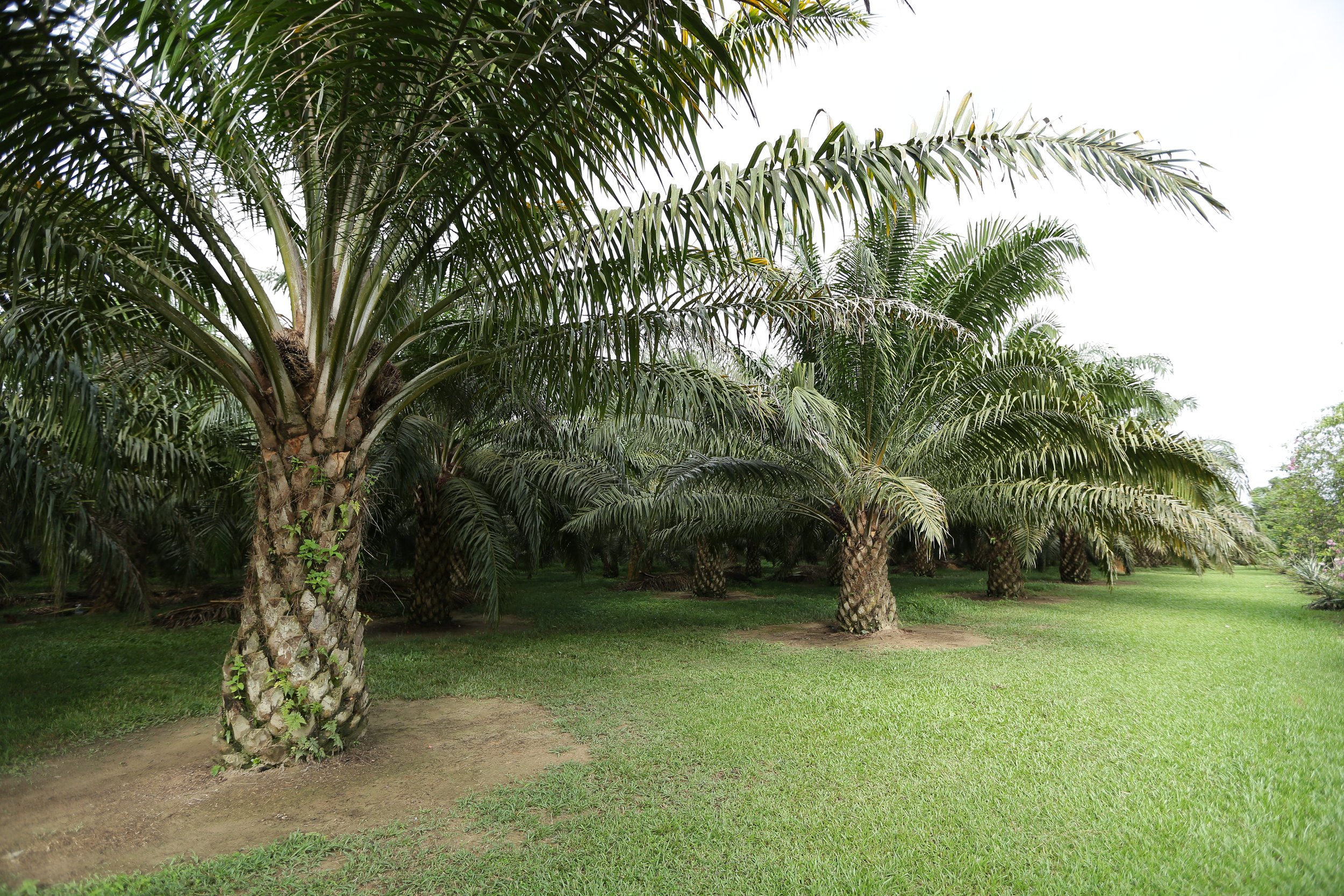
Land use and biodiversity are highly valued in the industry. The industry is aware of employee and community concerns about the future of the plantation. Additionally, stakeholders, local authorities, and environmental leaders are consulted to ascertain the plantation’s ecotourism potential.
Malaysia’s status as one of the world’s largest biodiversity hotspots
needs to be maintained. At the same time, there are concerns about the industry’s negative image as it contributes to biodiversity loss by clearing intact rainforests. The increase in oil palm area over the last decade, in comparison to declines in other tree crop areas, serves to refute the unsubstantiated claim by palm oil competitors and environmentalists that the country has been clearing forests for the crop.
Globally, the industry is fully aware of the environmental, health, and safety regulations imposed on food by importing countries. A mandatory sustainability certification scheme for the oil palm industry; Malaysian Sustainable Palm Oil (MSPO) will undoubtedly help Malaysia to protect its forests over the coming years.
